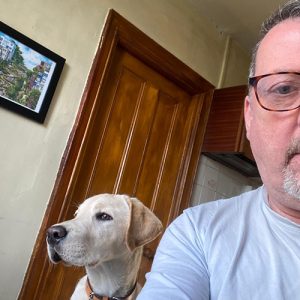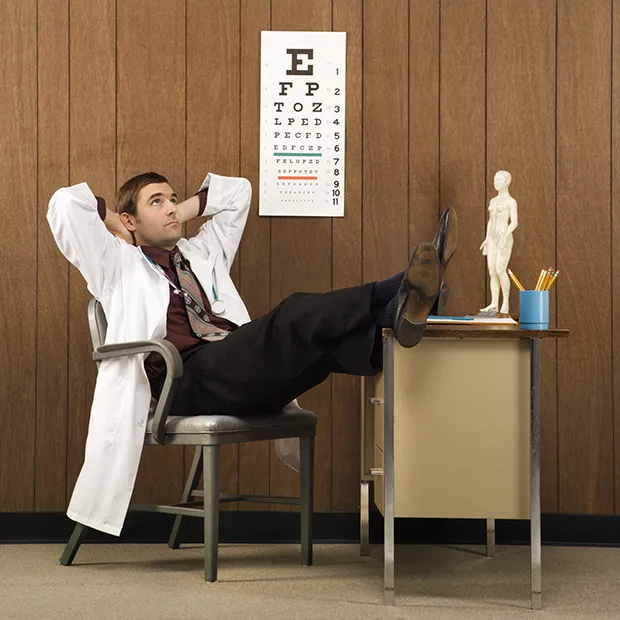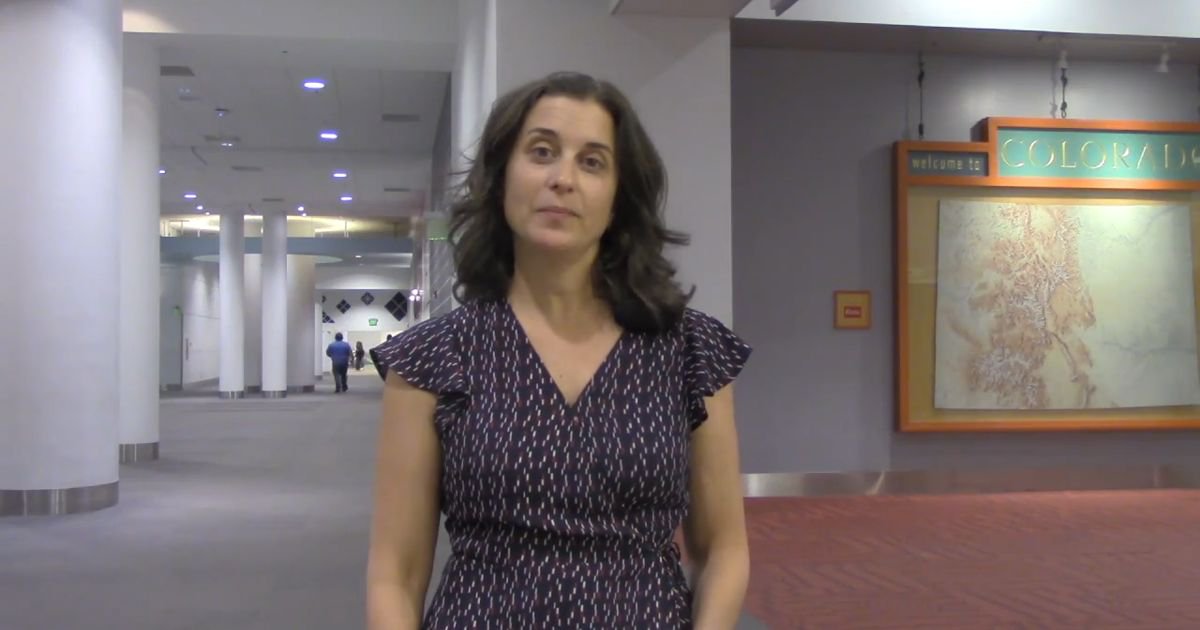Avoiding burnout isn’t about bubble baths and scented candles, it’s about strategic, deliberate choices, writes Terence Cosgrave
That special combination of physical exhaustion, emotional depletion, and the overwhelming urge to swap your stethoscope for a one-way ticket to an alpaca farm in West Cork, is what the experts call ‘burnout’.
It’s the occupational hazard lurking behind every ‘just one more patient’ and ‘I’ll finish my notes after dinner’ moment. The good news is that there are scientifically backed — and sometimes comically obvious — ways for doctors to not only avoid burnout, but also to rekindle their passion for medicine. Here are ten ways to do just that.

Terence Cosgrave
1. Rediscover the Mysterious, Exotic Land Called “Your Personal Life”
Many doctors treat their personal lives like that interesting patient they’ll ‘get back to later’ — but later never comes. Factually, setting boundaries around work hours is one of the most effective tools to prevent burnout. The World Health Organization and countless wellness studies say the same thing: rest isn’t optional; it’s as critical as a functioning defibrillator.
Humorous reality check: If you spend more time with your medical files than your spouse, your relationship might soon require its own file. Or your spouse may just need a file to escape the life of a being a medic’s other half (or perhaps quarter?).
Try leaving the hospital without your phone. Sure, at first you’ll twitch like you’re in caffeine withdrawal, but within hours you’ll remember the names of your children, and possibly even your dog.
Practical tip: Schedule hobbies as aggressively as you schedule follow-ups. If ‘brew beer’, ‘paint watercolours’, or ‘become semi-professional belly-dancer’ is in your calendar, it’s just as important as ‘check labs’ or ‘write strongly-worded letter to the local hospital’.
2. Use Your Days Off Before the Apocalypse
Doctors are notorious for letting holiday days expire unused. But multiple longitudinal studies confirm that taking breaks increases productivity, job satisfaction, and, ironically, your ability to tolerate the irritating patient who insists that their neighbour’s essential oils cured stage III cancer. (They WERE essential, Doctor!)
Humorous twist: Plan a vacation before you need one, otherwise you’ll end up googling ‘Is it normal to fantasize about becoming a lighthouse keeper?’
Pro move: Take at least one week completely disconnected from medicine — no conferences, no CME credits, no ‘casual shadowing’ in another country. Just you, your chosen company, and a location where a ‘round’ refers only to golf or cocktails.
3. Reconnect With the “Why” of Medicine
When burnout sets in, patients become ‘the gallbladder in Room 3’ instead of Mrs MacDonagh, mother of seven, apple-pie baker and occasional karaoke enthusiast. Reconnecting with the human side of medicine is not just warm and fuzzy — it’s neurologically grounding.
Studies show that purpose-driven work activates reward pathways in the brain, counteracting stress hormones.
Humorous suggestion: Start a ‘Reasons I Didn’t Quit Today’ list. Entries might include ‘adorable toddler thanked me’, ‘diagnosed a zebra case correctly’, or ‘free chocolate biscuits in the break room’. Even if the list is 90 per cent snacks, it’s still a win.
Pro tip: Spend five minutes per day talking to a patient about something not in their chart. That’s where the joy hides.
4. Practice the Noble Art of Saying ‘No’
Doctors often suffer from ‘Yes Syndrome’ — a compulsion to agree to every committee, coverage, and neighbour’s request for free dermatology advice at barbecues.
Overcommitment is one of the fastest routes to burnout – that’s a medical fact. Prioritize tasks based on urgency and personal interest.
Humorous application: The next time someone asks if you can ‘just squeeze in one more patient’, practice saying, ‘I’d love to, but I’m stuffed to the gills’.
Boundary hack: Before agreeing to anything, pause. Breathe. And ask yourself: “Will this make Future Me proud or just tired?”
5. Learn to Outsource Like a Monarch
Kings and queens don’t do their own laundry, and you, noble healer, need not be personally responsible for every micro-task in your orbit.
Whether it’s delegating clinic paperwork, hiring a scribe, or using grocery delivery, outsourcing frees your time and mental bandwidth for actual rest.
Humorous image: Imagine a medieval doctor insisting on both curing the plague and baking all the bread. They’d have burned out before the first sourdough starter.
Modern takeaway: If an app, assistant, or eager med student can do it — let them.
6. Move Your Body (Preferably Not Just Between Exam Rooms)
Physical activity is one of the most effective antidotes to stress — and no, pacing between patients doesn’t count. I don’t have to tell you that exercise triggers endorphin release, improves mood, and helps prevent the slow creep of doctor posture (a sort of question-mark-shaped spinal slump).
You’ve got to shake your funky stuff! Do as you advise patients to do. Move. Keep moving.
Humorous motivation: Think of it as ‘preventative medicine for your sanity’. You prescribe exercise to patients; if you don’t follow your own advice, somewhere a medical school professor gets a mysterious headache.
Pro strategy: Choose something fun. If ‘fun’ means Zumba in neon leggings, great. If it’s boxing while imagining your medical files system as the opponent, even better.

Physical activity is one of the most effective antidotes to stress. Pic: Getty Images
7. Find Your Tribe of Fellow Survivors
Isolation feeds burnout like bad hospital coffee feeds acid reflux.
Collegial support — whether from peers in your specialty, a cross-disciplinary wellness group, or that one sarcastic anaesthesiologist who always makes you laugh — is a proven resilience booster. It’s why regular doses of Irish Medical Times is good for you. Like ships in a harbour – peer support is important.
Humorous truth: Only another doctor truly understands the joy of finding an intact pen in your pocket after rounds.
How to do it: Start or join a peer discussion group. If you can’t meet in person, set up monthly virtual check-ins where the agenda is ‘vent, laugh, survive’.
8. Seek Professional Help (for You, Not Just Your Patients)
There’s no shame in seeing a therapist, coach, or counsellor. You, of all people, should know the value is seeking professional help for a mental or physical problem.
In fact, physicians who seek mental health support often report higher job satisfaction and longer careers. It’s like getting a tune-up for your brain.
Humorous reframing: You wouldn’t ignore a patient’s symptoms until they became ‘un-ignorable’. So why treat yourself like the car you only take to the mechanic when it’s belching smoke?
Action step: Research confidential physician support programs in your area. Many hospitals even offer free sessions — though they’re as well-advertised as poitín in a pub.
9. Shake Up Your Routine Before It Fossilizes
Monotony is burnout’s best friend. If every day feels like a re-run of ‘Groundhog Day’ but with more coughing, it’s time for variety. Studies show that learning new skills or switching up your environment can rekindle interest and creativity.
Humorous suggestion: If you’ve been on the same ward for years, try a rotation somewhere unexpected — like dermatology, rural outreach, or Antarctica’s research base (penguins are low-drama patients).

Studies show that learning new skills or switching up your environment can rekindle interest and creativity. Pic: Getty Images
Micro-change ideas: Rearrange your office, swap your commute playlist, or host ‘theme days’ with your team (Scrubs and Hawaiian shirts Friday, anyone?). Or if your team fades over the course of the day, bring in Tipperary hurling shirts for your staff to wear after lunch.
10. Laugh Like Your Career Depends on It (Because It Does)
Humour is a physiological stress-buster. Laughter reduces cortisol, boosts immune function, and — crucially — makes the daily absurdities of medicine bearable.
Humorous confession: Sometimes the only thing standing between you and a career in antique car repair is the perfectly timed joke from a colleague.
Final Word: You Are Not a Robot (Even If You Feel Like One)
Avoiding burnout isn’t about bubble baths and scented candles (though, hey, if they help…). It’s about strategic, deliberate choices: protecting your time, nourishing your relationships, caring for your body, and reminding yourself why you chose this profession in the first place.
Yes, the system can be exhausting, but you — armed with humour, purpose, and maybe the occasional umbrella drink — can find joy in the chaos.
And if all else fails, remember: the alpaca farm in West Cork will always be there. ![]()










